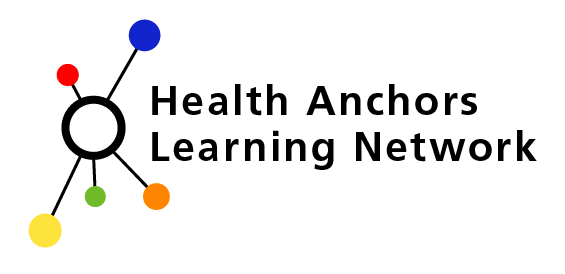Health Justice Partnership blog 3/3: Hertfordshire Money Advice Unit’s Mental Health and Benefits Project
Blog 3 in a three-part series on Health Justice Partnerships
For an overview of Health Justice Partnerships, including benefits and top tips, read Blog 1 in this series.
Overview
In April 2014 a new initiative was set up to improve benefits and debt advice provision in mental health settings - a collaboration between the Head of Money Advice Unit at Hertfordshire Council and a Consultant Psychiatrist attached to the Public Health Service. The aim of the initiative is to:
Improve financial circumstances for people using mental health services.
Make measurable gains in mental health and wellbeing
Reduce demand on NHS and Adult Care Services resources e.g. reduced hospital admissions, fewer GP visits and reduced medications.
The project team is formed of four community-based benefits advisers working alongside the multi-disciplinary mental health teams within Herts Partnership Foundation Trust (HPFT). It is currently funded by Adult Community Services (ACS) through what is now a 3-year service-level agreement at a cost of c.£165,000 a year.
Referrals come from a number of sources but primarily from HPFT staff; as well GPs, self-referrals and voluntary organisations where the person being referred also has the involvement of a support worker from HPFT. The advisers try to resolve the various and complex benefit and money problems that impact on mental health e.g. fitness for work assessments, Universal Credit, Personal Independence Payment and Employment and Support Allowance claims, benefit sanctions, anxiety and depression caused by high-cost loans and debt etc.
A key factor in the team’s success has been the longevity of the advisers’ relationships with HPFT staff. Until April 2023, all 4 of the original advisers were still in post, and the one who recently left has done so only to manage an ‘off-shoot’ project. This level of continuity also helped the advisers sustain the project during the covid pandemic, when all advice work became phone-based for almost two years.
Results to date
Service-users of the project are asked to complete a ‘before’ and ‘after’ survey using the WEMWBS matrix. This asks the service-user to self-assess across a range of emotions such as optimism, confidence, level of relaxation, energy levels etc. to build a cumulative assessment of wellbeing. To date, 90% of respondents showed improvements in mental wellbeing, with an average positive point score of 10.1, where a positive score of between 3 and 8 indicates meaningful intervention.
In 2022/23 the project assisted 832 people who gained £3.1m in extra benefits through the advice and advocacy work. The advisers see cases through from initial contact to appeal stage if necessary.
The staff who refer patients to the advisors are also surveyed, which has generated some useful insights into the impact of the project:
“The involvement of the Money Advice Unit has had a positive effect on my Service User's mental wellbeing” 71% Strongly Agree, 28% Agree
“The involvement of the Money Advice Unit has allowed me to spend time focusing on clinical issues” 85% Strongly Agree, 14% Agree
“Has the Money Advice Unit prevented or reduced the need for your team's involvement with the SU?” 14% - Prevented, 71% - Reduced
Whats next?
In April 2023 the project was expanded for one year with two additional advisers, funded by the Integrated Care Board, to work with the Enhanced Primary Care Mental Health Teams. The project, now navigating through the additional complexities of the cost of living crisis, will continue to help people access the support they are entitled to, and continue to track the benefits this brings to the health anchors they work so closely with.
Gary Vaux
Head of Money Advice Unit
Hertfordshire County Council

